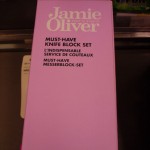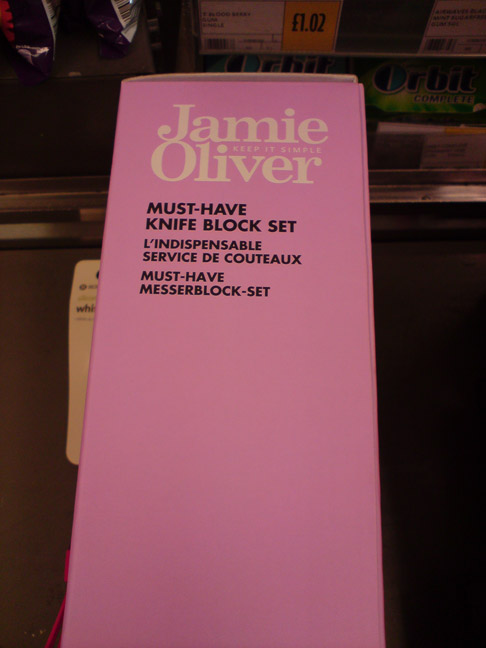I don’t know why, after all these years, I should still be surprised by odd pronunciations, but I am. Two that have recently come my way, both from the BBC, are eviscerate, pronounced /iˈvɪskəreɪt/ by Simon Sebag Montefiore presenting the first of a series of programmes on the history of Jerusalem, and cholera, pronounced /kəˈlɛərə/ by Sharanjit Leyl as presenter of a programme on BBC World.
Mr (Dr?) Sebag Montefiore is a historian, educated at Harrow and Gonville & Caius, Cambridge. I think we can assume that he therefore learned some Latin at school and maybe he now believes that all Latin words used in English should be pronounced as if they were still Latin. I wonder how he pronounces the name of his old college?
Sharanjit Leyl, a native Singaporean, has clearly, from her accent, spent almost all her life in English-speaking environments. Has she never heard anyone pronounce the word cholera?
Neither of these two words is what you might call ‘rare’. Shouldn’t someone in the production team be listening and persuading the broadcasters to use pronunciations which do not cause the viewer/listener to concentrate on the form rather than the content of what they are saying?
A former Presentation Editor of Radio 3 used to listen to every word his team uttered on air, and sent notes each time he heard something untoward. When I was Pronunciation Adviser, I would send notes similarly with my “advice”. I can’t believe that anyone does this now. There is no longer a Pronunciation Adviser, and while the members of the Pronunciation Unit are all highly qualified and very good at what they do, I’m not sure that their management (who are not linguists, but administrators – “I’m a manager, therefore I can manage anything”) would take kindly to such notes going out in any form. I hope I am wrong.


